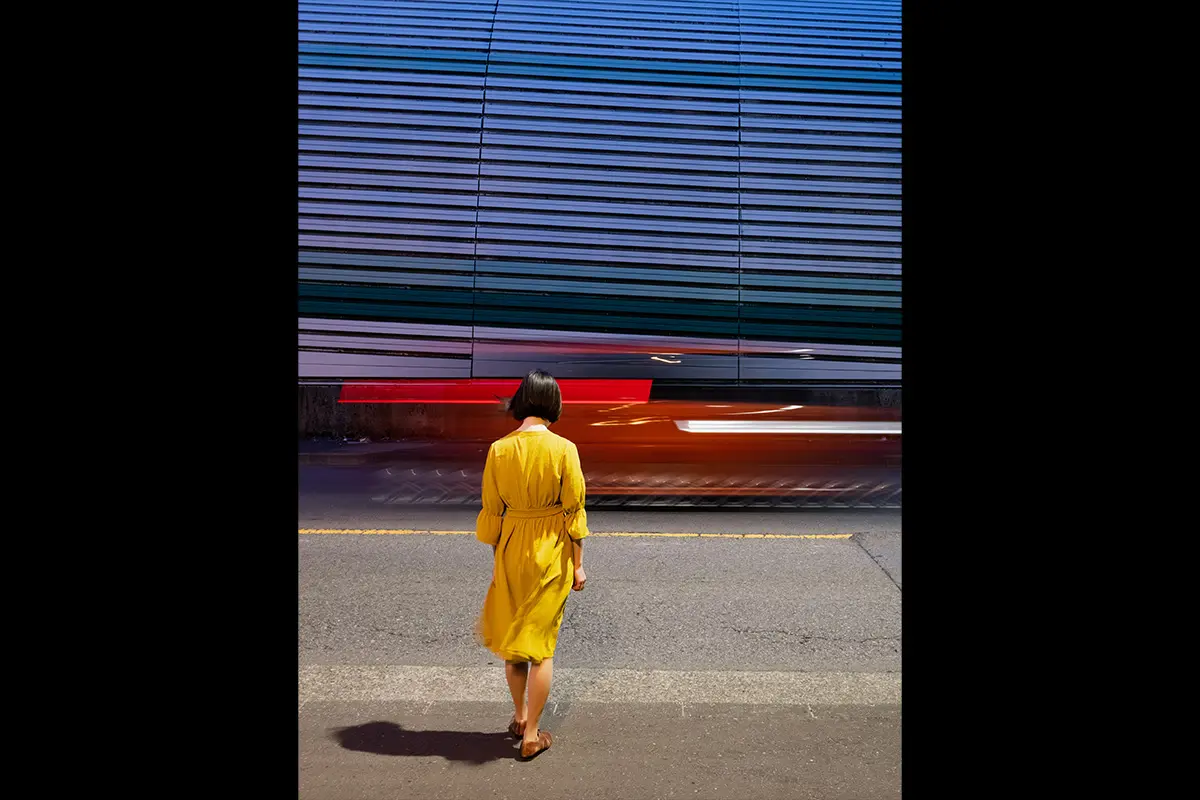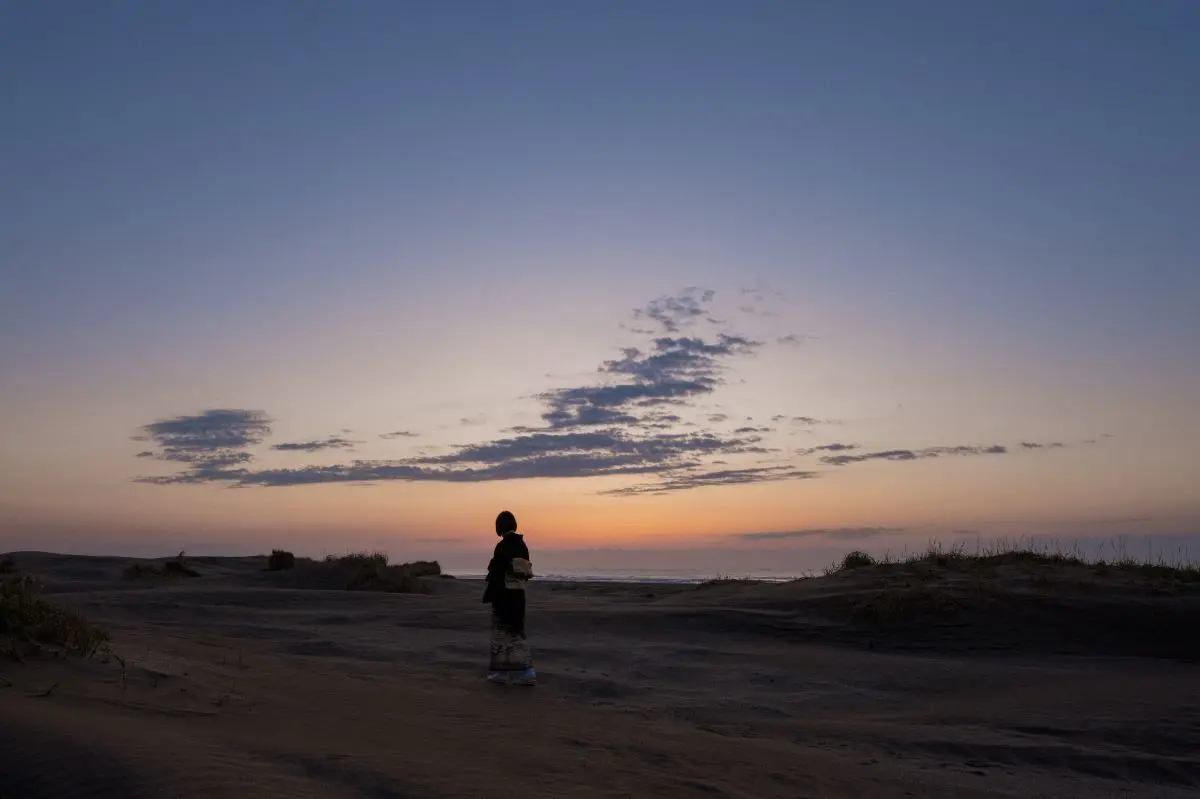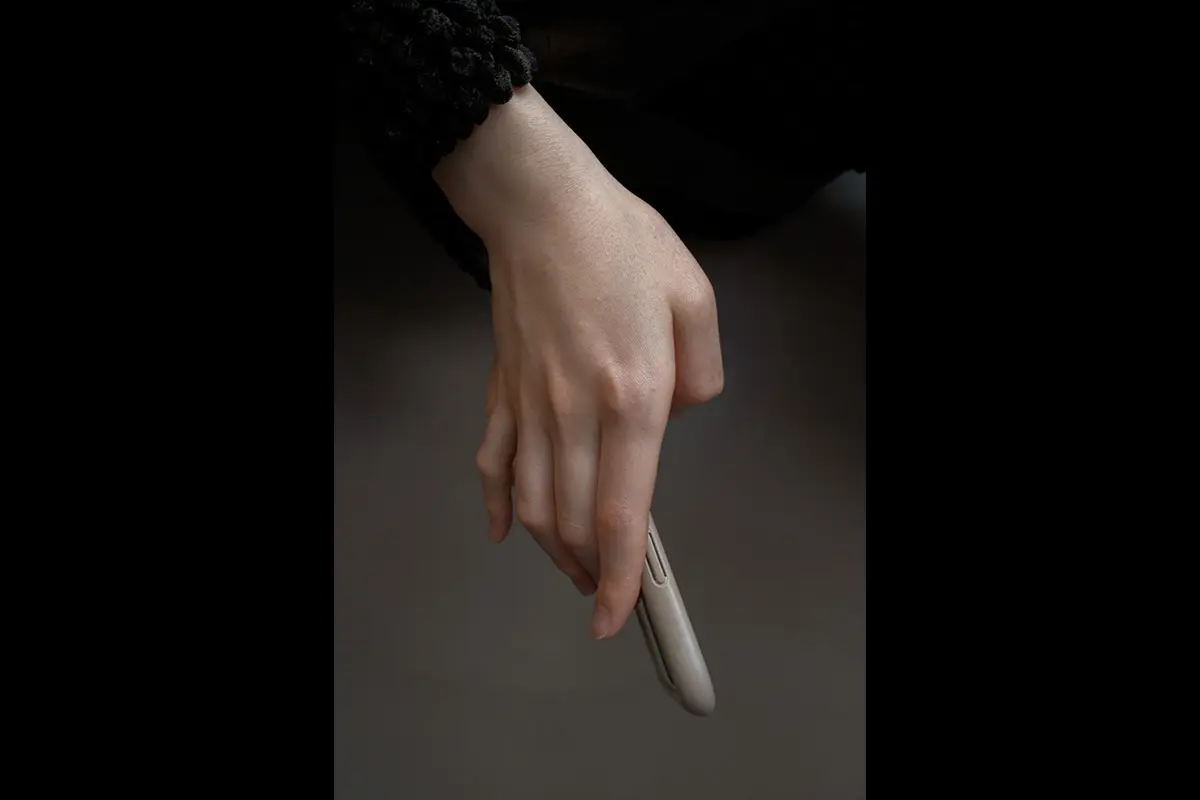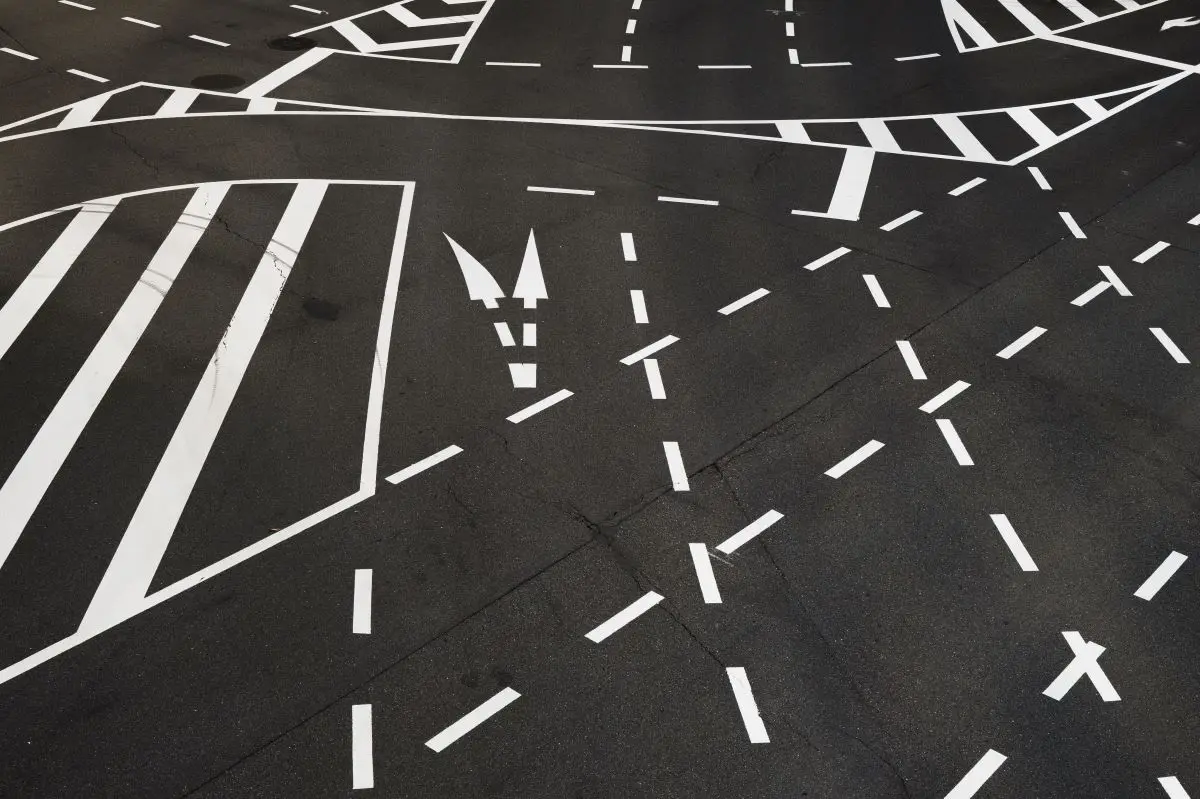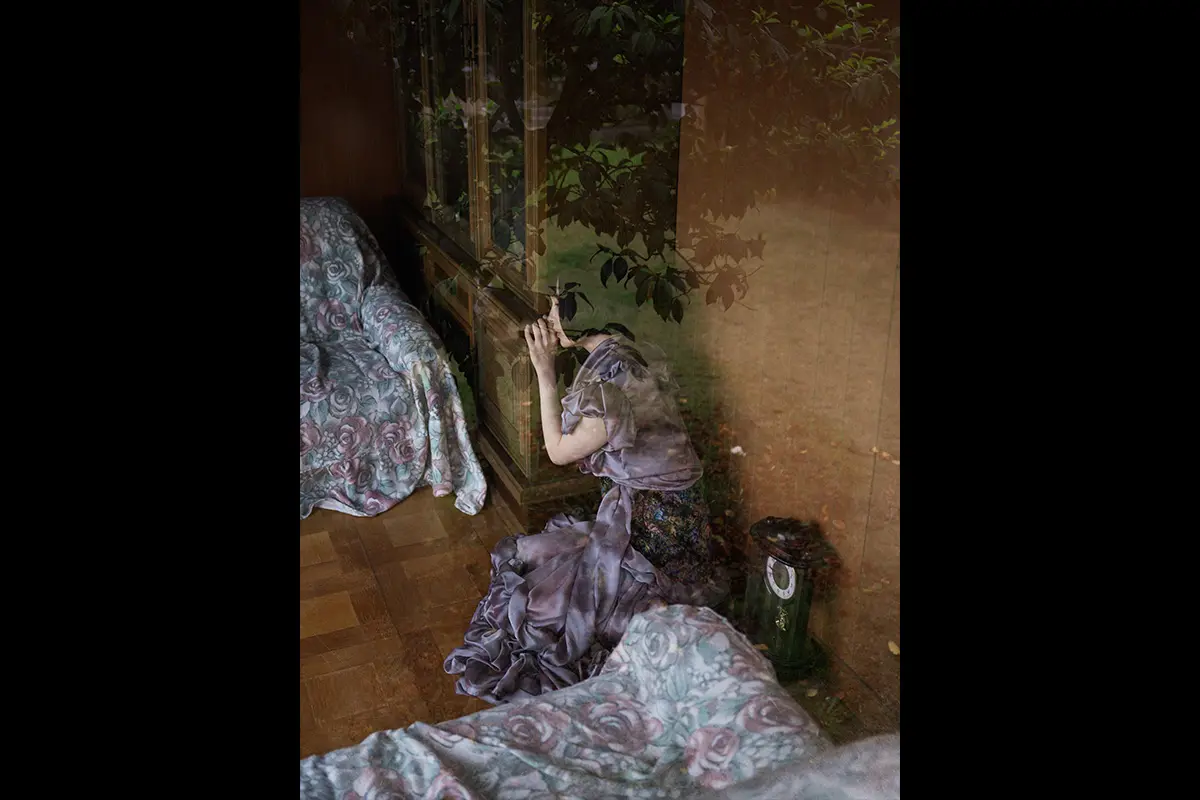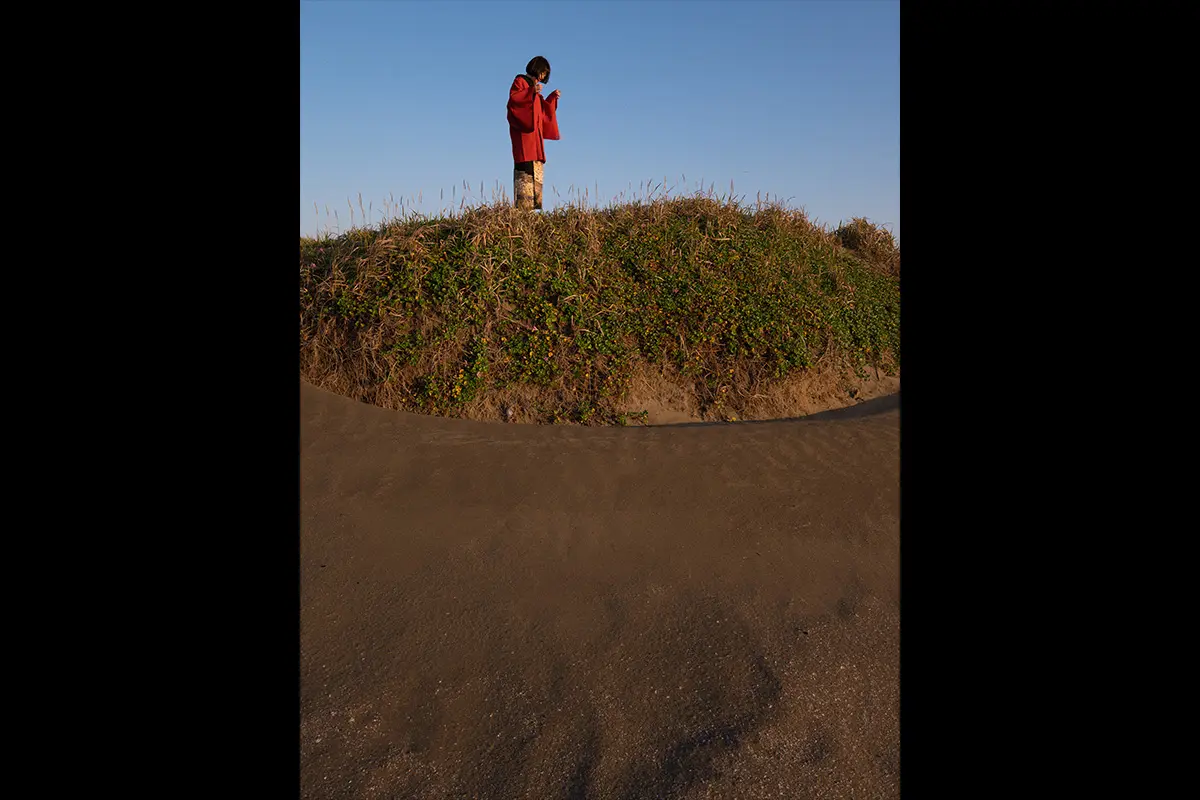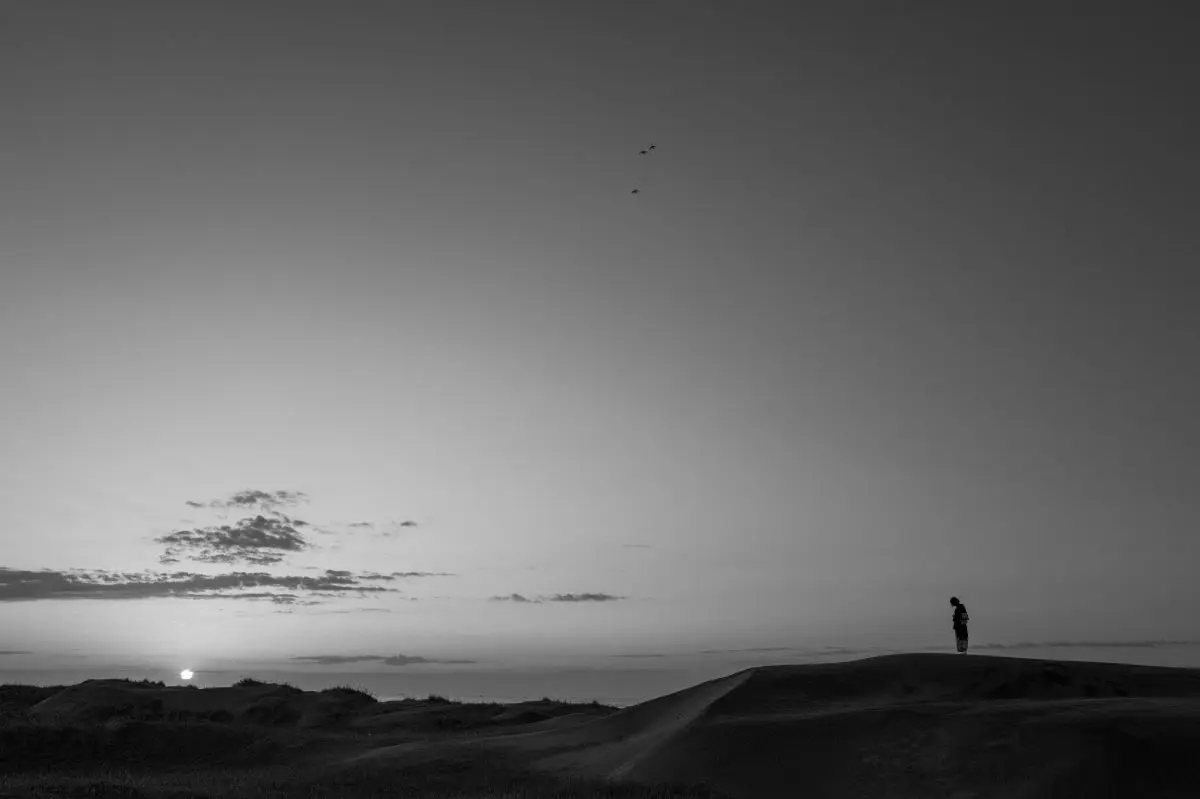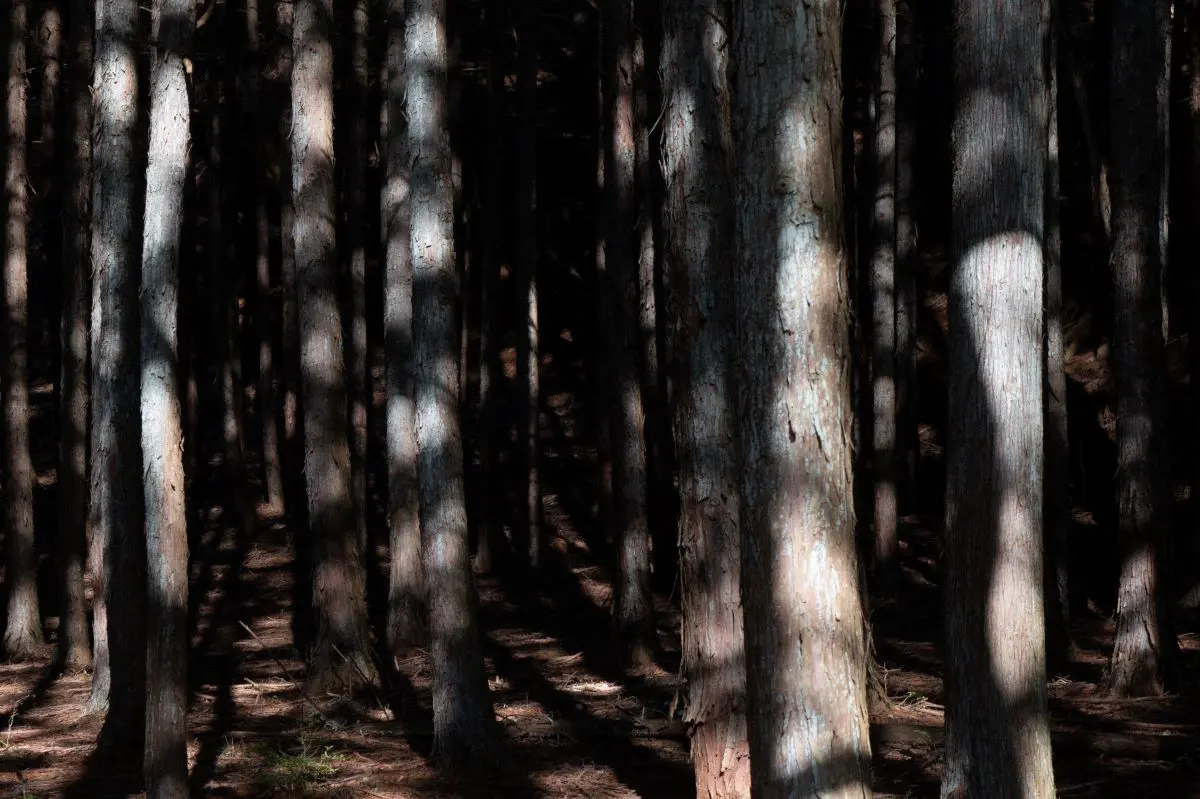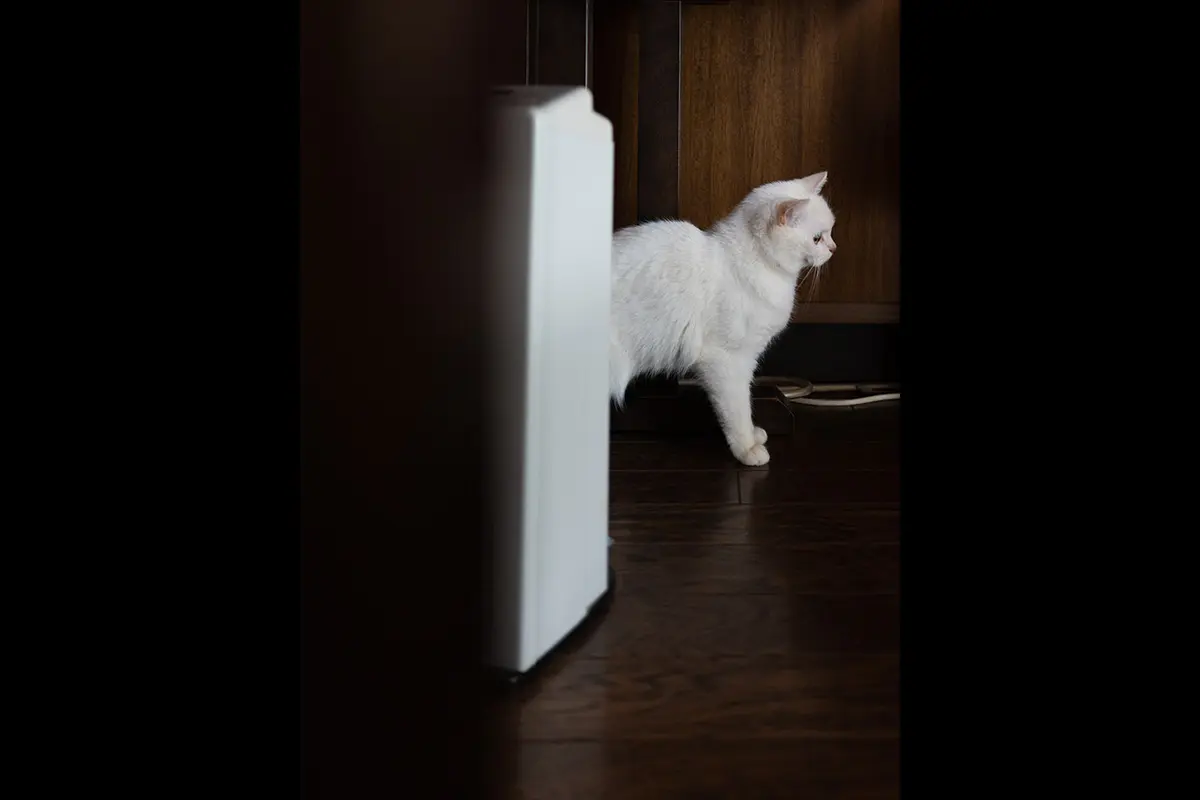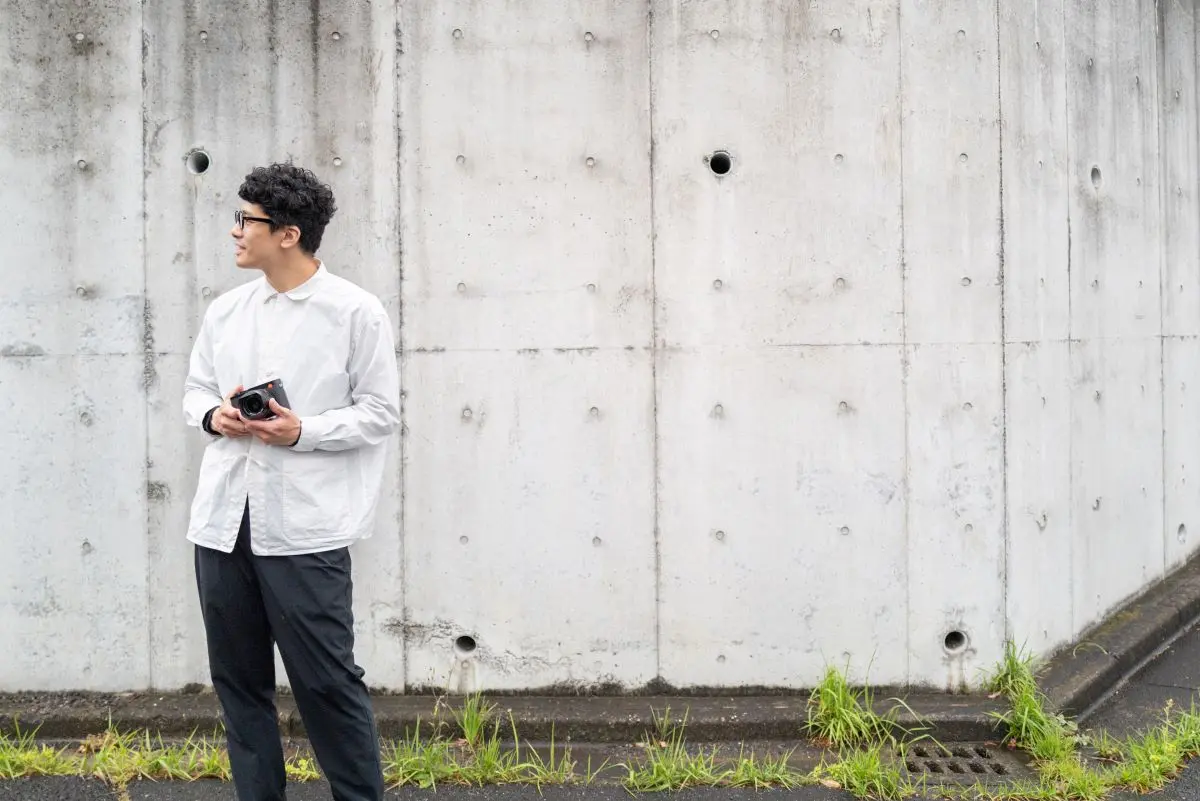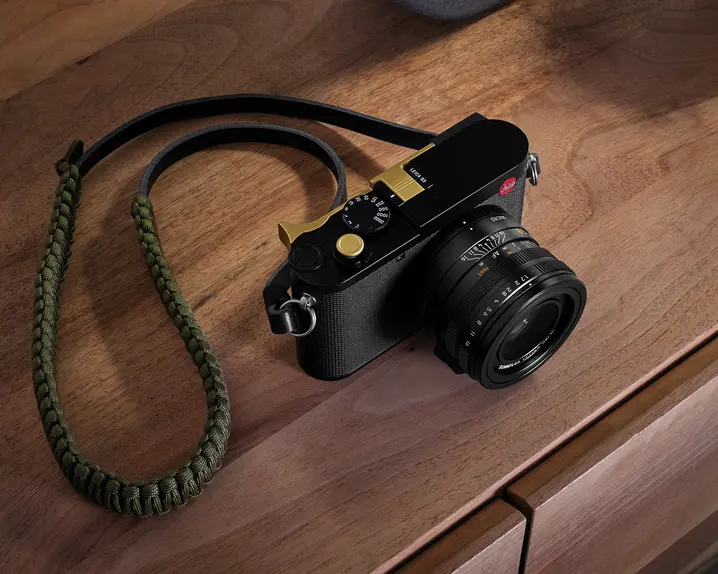
Photographed with the Leica Q3
by Takeru Kohara
Takeru Kohara, who is known for his creative and captivating snapshots that are deeply connected to his daily life, and whose work can be found across social media and the web, has embarked on a new photographic journey with the Leica Q3.
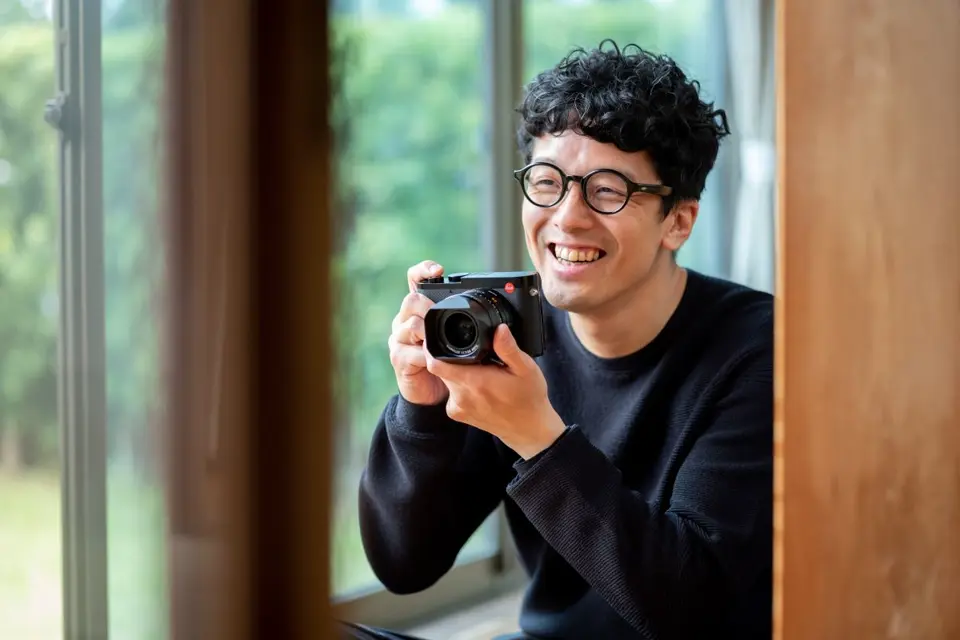
Using a Leica camera not only enables me to create great images, it also uplifts my mood when I’m shooting. What sets Leica cameras apart, in addition to their unique design, is the fact that they feel great in the hand and convey a sense of luxury.
As AI technology continues to advance and its impact on image creation and depiction grows, it will become more important than ever to satisfy the sense of ownership of photographers pursuing quality images using an actual camera and lens. Leica cameras will cater to such times.
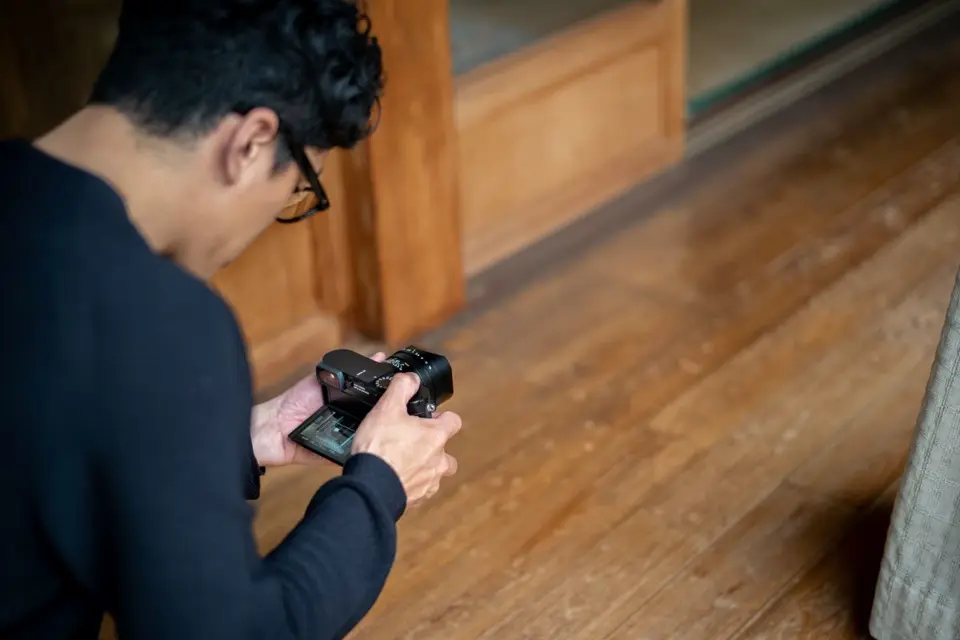
I often take high-angle shots with the ground as a backdrop. The Leica Q3’s tilting LCD screen has made it easier to take such shots, so I like it a lot. Another great feature is the possibility to choose from three Still Image Aspect Ratios: 4:3, 1:1 and 16:9. I tend to shoot vertical a lot so I find the 4:3 ratio option particularly useful.
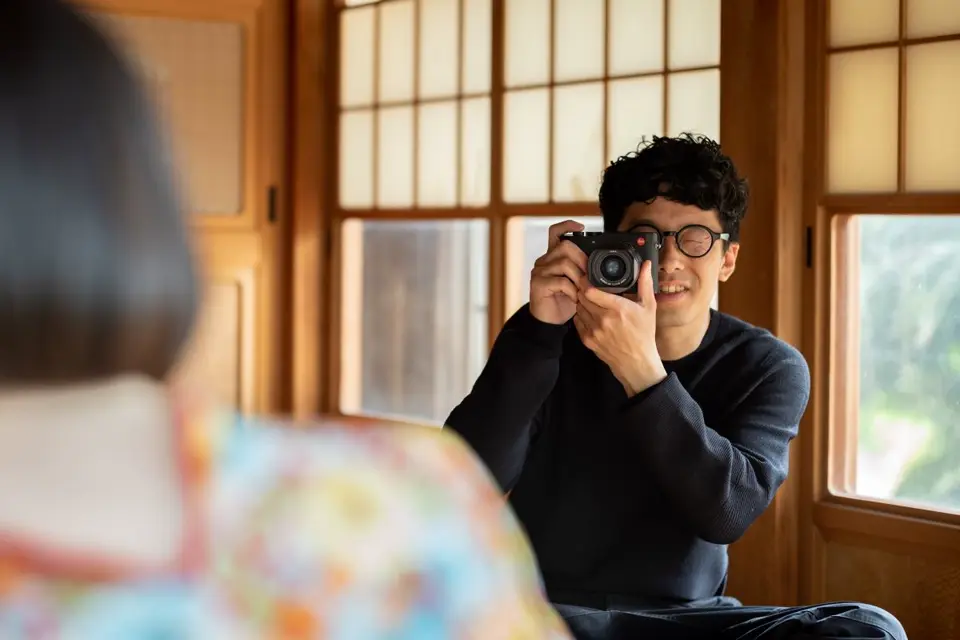
While the high pixel count of 60 megapixels certainly constitutes an advantage for professional photographers like me, it may be excessive for the average user. That said, as was the case with the Leica M11, Leica’s triple resolution technology allows the user to select different pixel rates and choose 60, 36 or 18MP.
I am delighted with the additional connection port on the Leica Q3, which makes it easy to shoot tethered. I intend to fully utilize it during my photo shoots, and I am excited about the possibilities it brings.
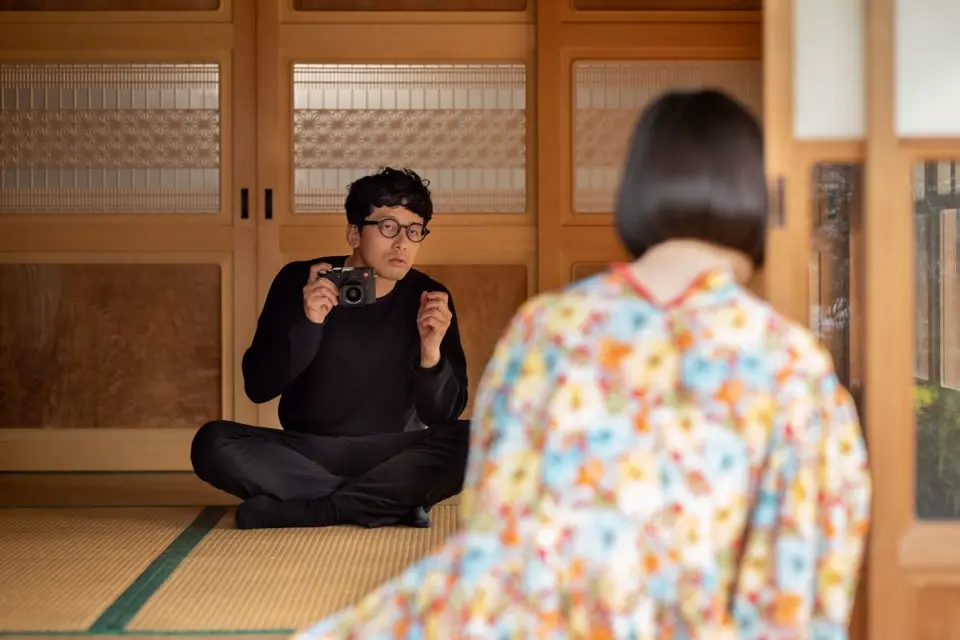
My personal experience with the Leica Q3: Although both cameras are equipped with the same Leica Summilux f1.7/28mm ASPH. lens, I felt that the Leica Q3 produces images that are “softer” than the ones I get with my Leica Q2. It is often said that the quality of the image depends more on the lens than on the camera itself, but both cameras come fitted with the same lens and I was not aware of any difference while I was shooting. It was not until I looked at my pictures after I was done with the shoot or when I saw the printed images that I felt the shots I took with the Leica Q3 had resulted in images that seemed softer than the ones I take with my Q2.
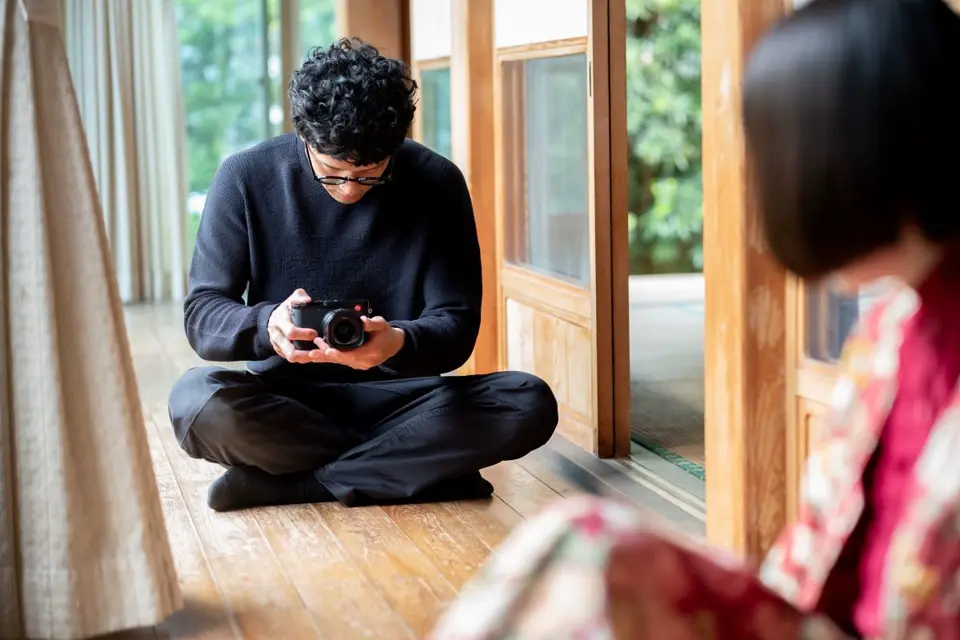
Granted, it is possible now to use post-processing software to fine-tune the final output and get softer images as well, but my main line of work is people photography, and being able to get that vibe in real time when viewing the LCD screen was an exciting experience. For this reason, I recommend the Leica Q3 to users who are especially interested in portrait photography.
